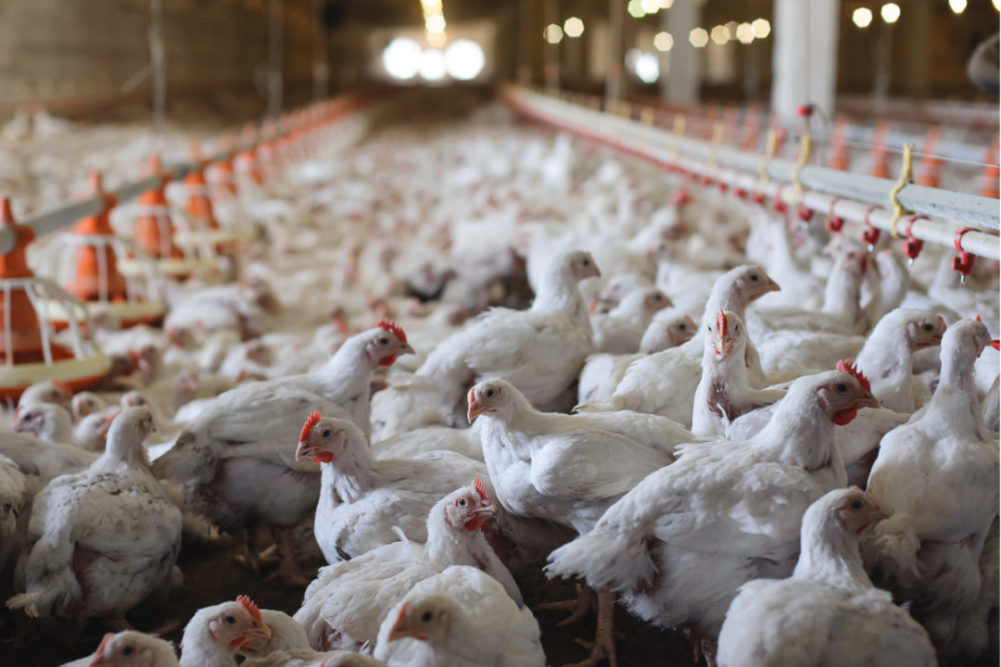LONDON – The UK government urged poultry producers, and anyone keeping birds to follow strict biosecurity protocols and keep birds indoors as the country faces its largest-ever outbreak of avian influenza.
“We have taken swift action to limit the spread of the disease including introducing housing measures,” said Chief Veterinary Officer Christine Middlemiss. “However, we are seeing a growing number of bird flu cases both on commercial farms and in backyard birds right across the country.”
In November, Chief Veterinary Officers for England, Scotland and Wales declared an Avian Influenza Prevention Zone across the whole of Great Britain following a number of detections of H5N1 highly pathogenic avian influenza in wild birds across country. All bird keepers, regardless of the number of birds, are legally required to introduce higher biosecurity standards on farms or small holdings.
Also, anyone keeping 50 birds or more must register their flocks with the Department for Environment, Food and Rural Affairs (DEFRA).
“Implementing scrupulous biosecurity has never been more critical,” Middlemiss said. “You must regularly clean and disinfect your footwear and clothes before entering enclosures, stop your birds mixing with any wild birds and only allow visitors that are strictly necessary. It is your actions that will help keep your birds safe.”
Poultry keepers are required to:
- house or net all poultry and captive birds to keep them separate from wild birds.
- cleanse and disinfect clothing, equipment and vehicles before and after contact with poultry and captive birds – if practical, use disposable protective clothing.
- change their footwear before entering sheds housing poultry and captive birds, where possible. If not, then ensure they are thoroughly cleaned and disinfected.
- reduce the movement of people, vehicles or equipment to and from areas where poultry and captive birds are kept, to minimize contamination from manure, slurry and other products, and use effective vermin control.
- thoroughly cleanse and disinfect housing on a continuous basis.
- keep fresh disinfectant at the right concentration at all farm and poultry housing entry and exit points; and
- minimize direct and indirect contact between poultry and captive birds and wild birds, including making sure all feed and water is not accessible to wild birds.
“Many poultry keepers have excellent biosecurity standards but the number of cases we are seeing suggests that not enough is being done to keep bird flu out,” Middlemiss explained. “Whether you keep just a few birds or thousands you must take action now to protect your birds from this highly infectious disease.”




